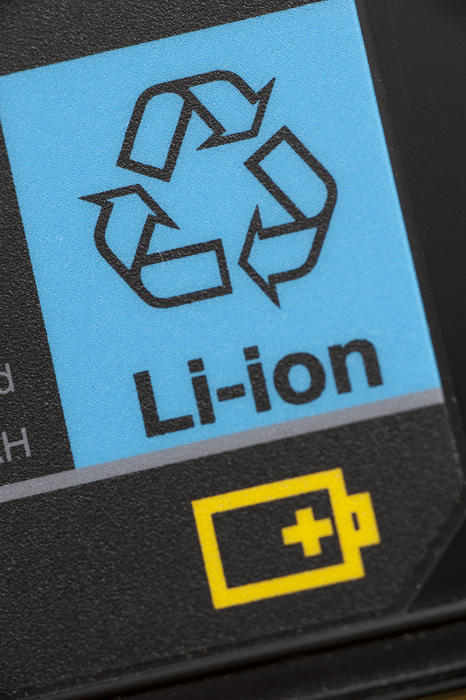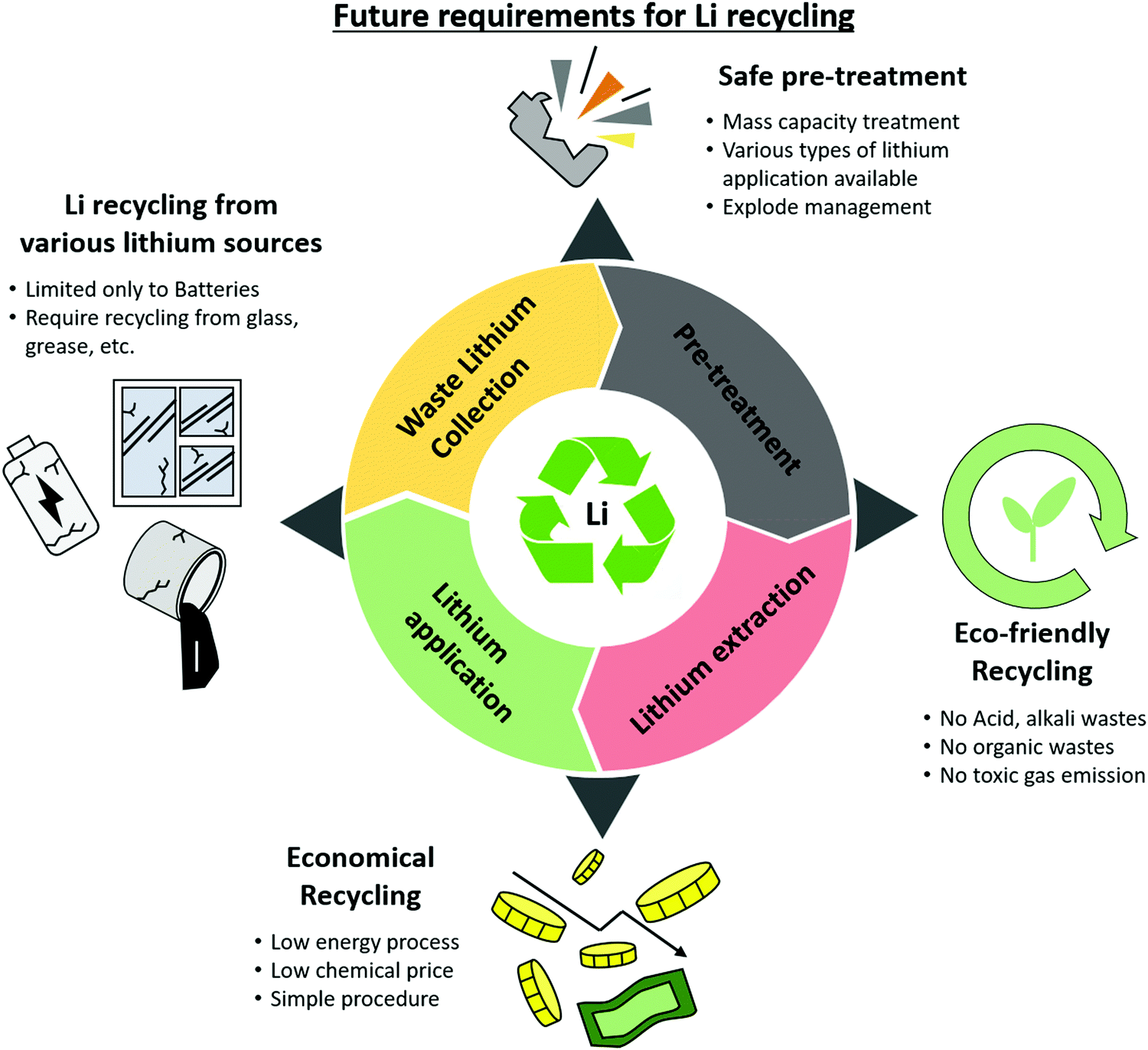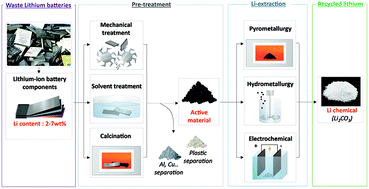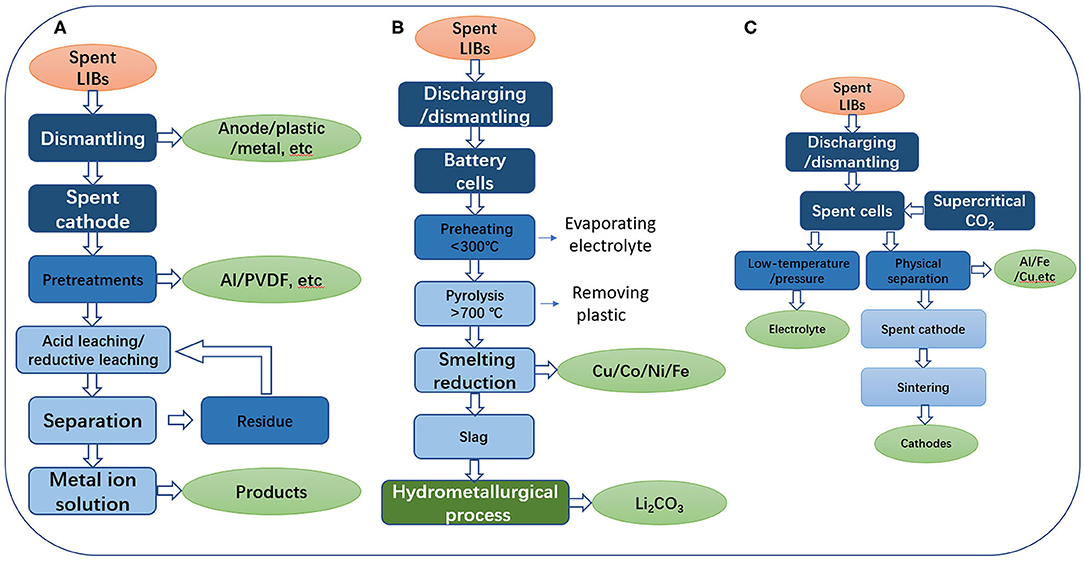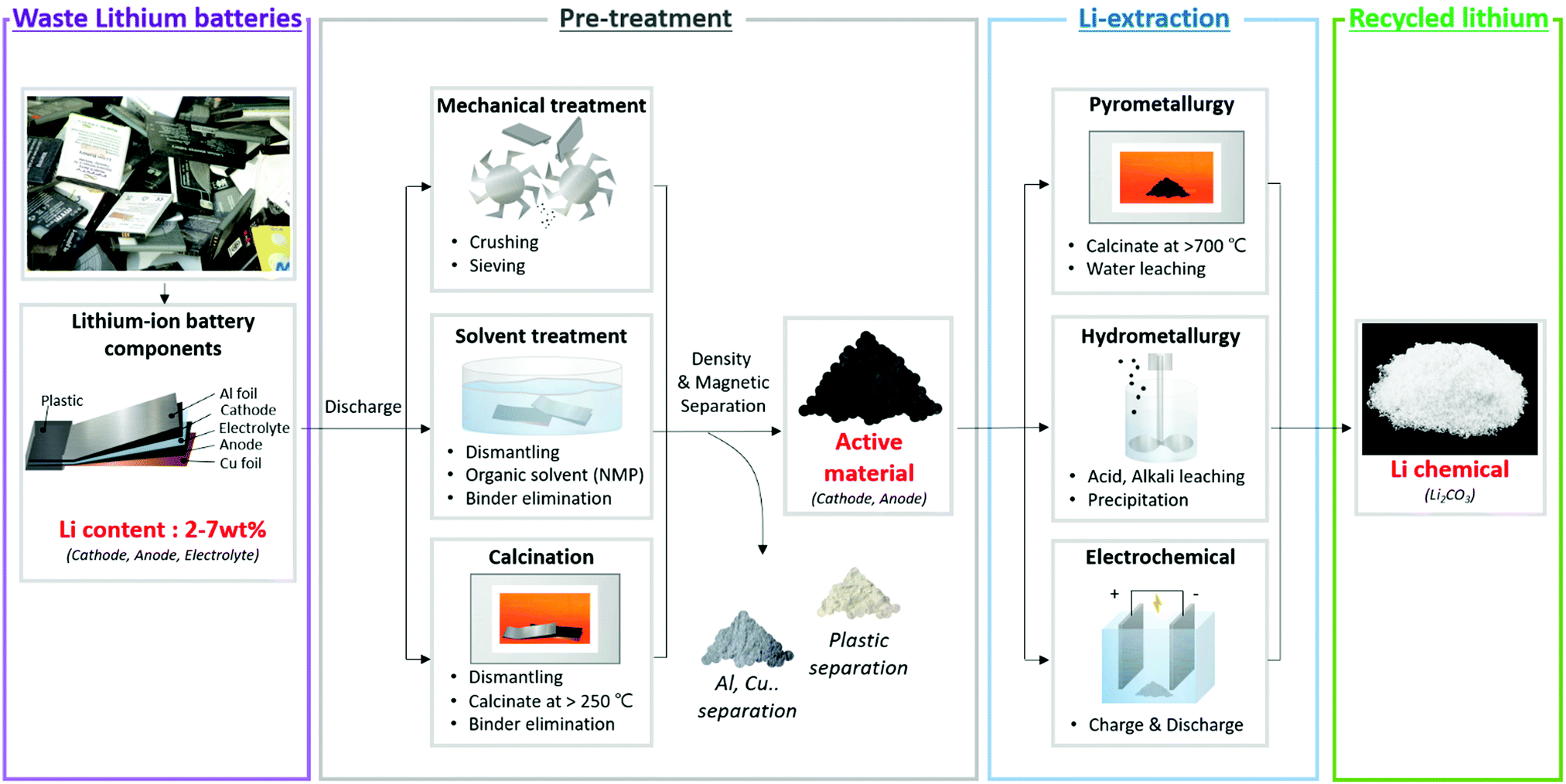Lithium-ion (Li-ion) batteries have emerged as leaders in the energy storage industry, powering smartphones, laptops, electric vehicles, and renewable energy systems. Their high energy density and compact design make them ideal for portable devices.
Li-ion batteries also drive the growth of electric vehicles, offering longer travel distances and reduced emissions. Additionally, they enable the integration of renewable energy sources by storing excess power for times when sunlight or wind is scarce.
The demand for Li-ion batteries continues to rise across industries worldwide, showcasing their versatility and potential for a cleaner future.
Growing Market for Electric Vehicles and Renewable Energy Storage
The rapid growth of the electric vehicle (EV) market, driven by governments and consumers embracing cleaner transportation options, is fueling the demand for lithium-ion (Li-ion) batteries. Additionally, the rising adoption of renewable energy sources like solar and wind power requires efficient energy storage solutions.
Li-ion batteries provide a reliable option for storing excess energy generated from renewables, ensuring a steady power supply. As the EV market expands further, the demand for Li-ion batteries is expected to surge, driving innovation and making electric vehicles more accessible to a wider audience.
These batteries play a vital role in supporting the transition towards a sustainable future.
The Need for Sustainable Battery Disposal
The rising usage of Li-ion batteries calls for urgent attention to their end-of-life management. Improper disposal can cause environmental harm due to toxic components like lithium, cobalt, and nickel. To mitigate this risk, efficient recycling processes are crucial. These processes recover valuable materials while minimizing harm to the planet.
Li-ion batteries are widely used in industries such as electric vehicles and portable electronics, making sustainable battery disposal essential. Their improper disposal contaminates soil and water sources with hazardous heavy metals, posing threats to ecosystems and human health.
It is imperative to recognize the consequences and implement effective solutions.
To address this issue, robust recycling processes must prioritize material recovery and environmental preservation. Recycling allows us to extract resources like lithium while reducing reliance on mining and lessening the ecological footprint of battery production.
Collaboration among governments, manufacturers, and consumers is vital. Governments should establish regulations promoting responsible recycling, manufacturers should design eco-friendly products with easy disassembly for recycling, and public awareness campaigns can educate consumers about proper battery disposal.
The Environmental Impact of Improper Battery Disposal
Improperly disposing of Li-ion batteries in landfills or incinerators can have serious environmental consequences. These batteries contain harmful chemicals that can leach into soil and water, posing a threat to ecosystems and human health.
Additionally, extracting raw materials for new battery production requires destructive mining operations that contribute to deforestation and pollution. By recycling Li-ion batteries instead of extracting virgin materials, we can reduce the strain on natural resources and minimize the need for destructive mining practices.
The emergence of Li-ion battery recycling companies plays a crucial role in addressing this environmental concern by collecting used batteries and efficiently extracting valuable metals through advanced technologies. Recycling not only reduces pollution but also conserves energy and decreases greenhouse gas emissions.
Embracing battery recycling as a sustainable practice is essential for creating a cleaner and healthier future for our planet.
Addressing the Growing Concern of Battery Waste
The growing concern of battery waste has prompted the emergence of innovative companies specializing in Li-ion battery recycling. These companies aim to extract valuable materials from spent batteries and reintroduce them into the production cycle, conserving resources and minimizing environmental impact.
Recycling Li-ion batteries is crucial to conserve finite resources like lithium, cobalt, nickel, and graphite, reducing our reliance on mining. Additionally, recycling significantly decreases greenhouse gas emissions associated with battery production compared to extracting virgin materials.
By addressing battery waste through recycling initiatives, we can create a more sustainable future while preserving valuable resources.
Company A: Pioneering Innovation and Sustainability in Battery Recycling
Company A is a leader in battery recycling with a focus on innovation and sustainability. Their mission is to provide sustainable solutions for end-of-life batteries, and they have established themselves as pioneers in this rapidly evolving industry.
Utilizing cutting-edge technologies, Company A efficiently extracts valuable materials from spent batteries while minimizing environmental impact. Through continuous research and development efforts, they strive to push the boundaries of what is possible in Li-ion battery recycling.
By embracing sustainable principles and advanced processes, Company A ensures high recovery rates of metals like lithium, cobalt, and nickel from discarded batteries. Their commitment to innovation and sustainability makes them a key player in shaping the future of battery recycling.
Overall, Company A’s dedication to finding new ways to extract value from end-of-life batteries sets them apart in the industry. With their state-of-the-art recycling technologies, they contribute towards reducing environmental pollution and conserving valuable resources for a more sustainable future.
Company B: Revolutionizing Battery Recycling
Company B is taking the recycling of batteries to a whole new level with their advanced techniques. They have revolutionized the process by adopting innovative methods that maximize resource recovery and contribute to a more sustainable and circular economy.
Their unique approach allows them to extract valuable metals and materials from spent lithium-ion (Li-ion) batteries more efficiently. Through careful sorting, shredding, and chemical processes, they can separate different components of the battery and extract metals like lithium, cobalt, and nickel for reuse in various industries.
Investing in companies like Company B presents significant opportunities in the Li-ion battery recycling sector. As the demand for batteries continues to rise, there is a growing need for sustainable solutions that effectively manage end-of-life batteries.
With their advanced techniques, Company B not only positions themselves as industry leaders but also contributes to a greener future by reducing waste generation and environmental impact while maximizing resource utilization.
Understanding the Potential for Growth and Profitability in the Industry
Investing in Li-ion battery recycling companies offers a promising opportunity to capitalize on the surging demand for sustainable solutions. With governments implementing stricter environmental regulations and consumers prioritizing eco-friendly choices, the need for efficient battery recycling is rapidly increasing.
The global market for Li-ion batteries is expanding quickly due to the growth of portable electronic devices, electric vehicles (EVs), and renewable energy storage systems. This leads to a higher volume of discarded batteries, creating an urgent demand for effective recycling solutions.
Li-ion battery recycling provides both environmental sustainability and economic benefits. By extracting valuable materials like lithium, cobalt, nickel, and copper from used batteries, recycling reduces resource dependency and extraction costs.
These materials can be reused in manufacturing new batteries or sold as raw materials to other industries.
Investing in this sector aligns with global efforts towards achieving carbon neutrality and reducing greenhouse gas emissions. As governments set ambitious targets aligned with the Paris Agreement, sustainable practices like battery recycling will play a crucial role in reaching these goals.
Beyond environmental considerations, investing in Li-ion battery recycling companies also holds significant profitability potential. The increasing demand for recycled batteries creates a lucrative market opportunity as industries recognize the economic value of sustainable alternatives.
In summary, understanding the growth potential and profitability in the Li-ion battery recycling industry is crucial for investors seeking opportunities that align with environmental sustainability objectives.
With tightening regulations and consumer demand driving the need for efficient battery recycling, investing in this sector not only contributes to a greener future but also offers potential financial rewards in a rapidly expanding market.
[lyte id=’5_v3lh1rCCc’]
